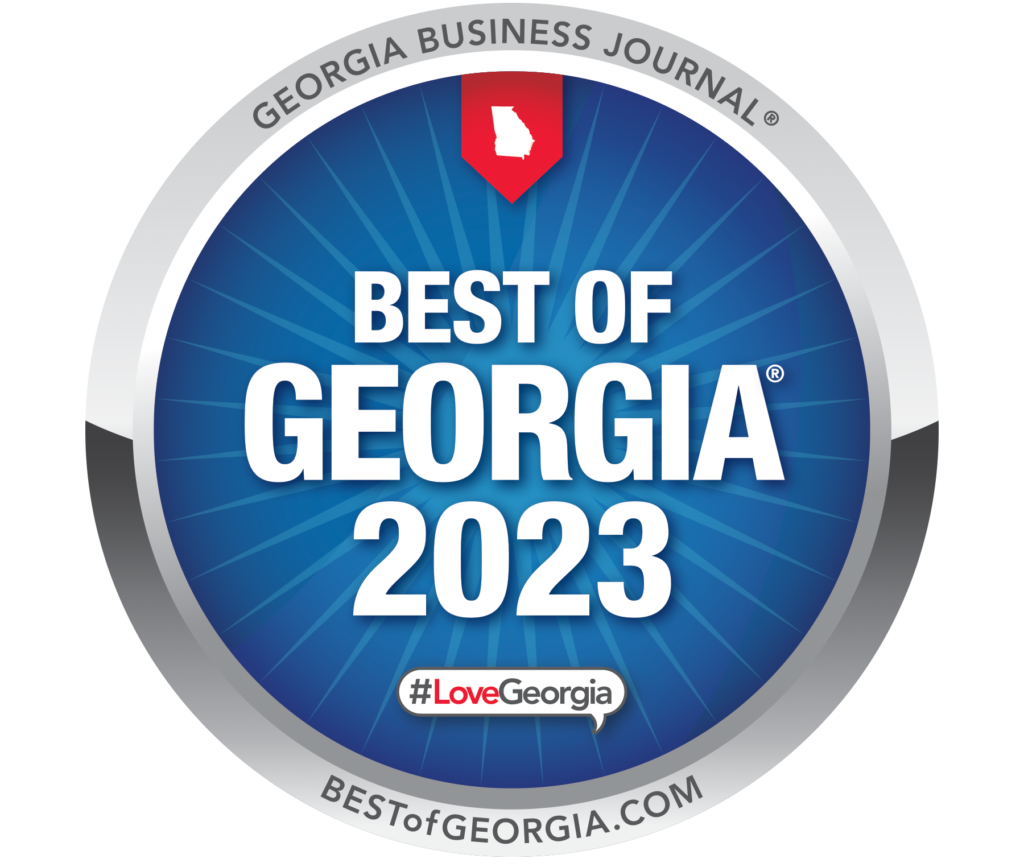Awards shows and their presenting organizations have experienced a fair share of criticism over recent years. From issues related to diversity, equity and inclusion to questions on cultural relevance, shows like the Golden Globes and the Oscars have changes to report. The 95th Academy Awards, which show airs in March of 2023, have returned to a “normal process” including making the eligibility period the full calendar year again, from January 1 to December 31, 2022, during which period a qualifying film must have a theatrical release in one of the six following metropolitan areas: Los Angeles County, City of New York, Bay Area, Chicago, Miami or Atlanta. Such changes seem to indicate a pre-pandemic norm around moviegoing once again. In addition, new Academy CEO Bill Kramer is holding the second of two, historical all-member meetings in September in Los Angeles (with online options available) to discuss the “future of the organization.” In July, Kramer hired Jeanell English to oversee the implementation of Aperture 2025, which uses the Oscars as a wedge to drive forward the diversity, equity and inclusion (DEI) initiatives of the Academy. The 96th Oscars, which eligibility window is January 1 to December 31, 2023, will be the first of its series to make mandatory the DEI initiatives to compete for Best Picture category.
Another awards show that has been through changes is the Golden Globes. From a seemingly ivory tower to a free-fall in disgrace, legacy members of the Hollywood Foreign Press Association (HFPA) have been through some… stuff, including DEI training. Now that NBC will, according to reports, broadcast the January 2023 awards show, we have to circle back and pick up from where we left off with Chief Diversity Officer, Neil Stephens, when hired. Since that time, the HFPA continues to endure scrutiny, but appears committed to change. Its membership voted to approve a deal only weeks ago to carve out a for-profit company to manage the brand and business of the Golden Globes awards show, while maintaining a non-profit organization for “charitable and philanthropic programs.” The person brought in to oversee implementation of these changes is Todd L. Boehly, HFPA’s chief interim executive officer. With a previously negotiated, 8-year contract with NBC for the rights to broadcast the Golden Globes worth about $500mm dollars, it makes sense that the HFPA wants to do everything it can to stay culturally relevant and provide quality representation and support to its journalist members. But what support do its members need? Many members have allegedly lost their livelihoods if not prior then during the pandemic due to a global downturn for media outlets. In their home countries, news outlets may buy syndicated content rather than pay for a private correspondent in Hollywood. The for-profit HFPA could hire more staff and ideally create jobs for those who need and qualify for jobs.




